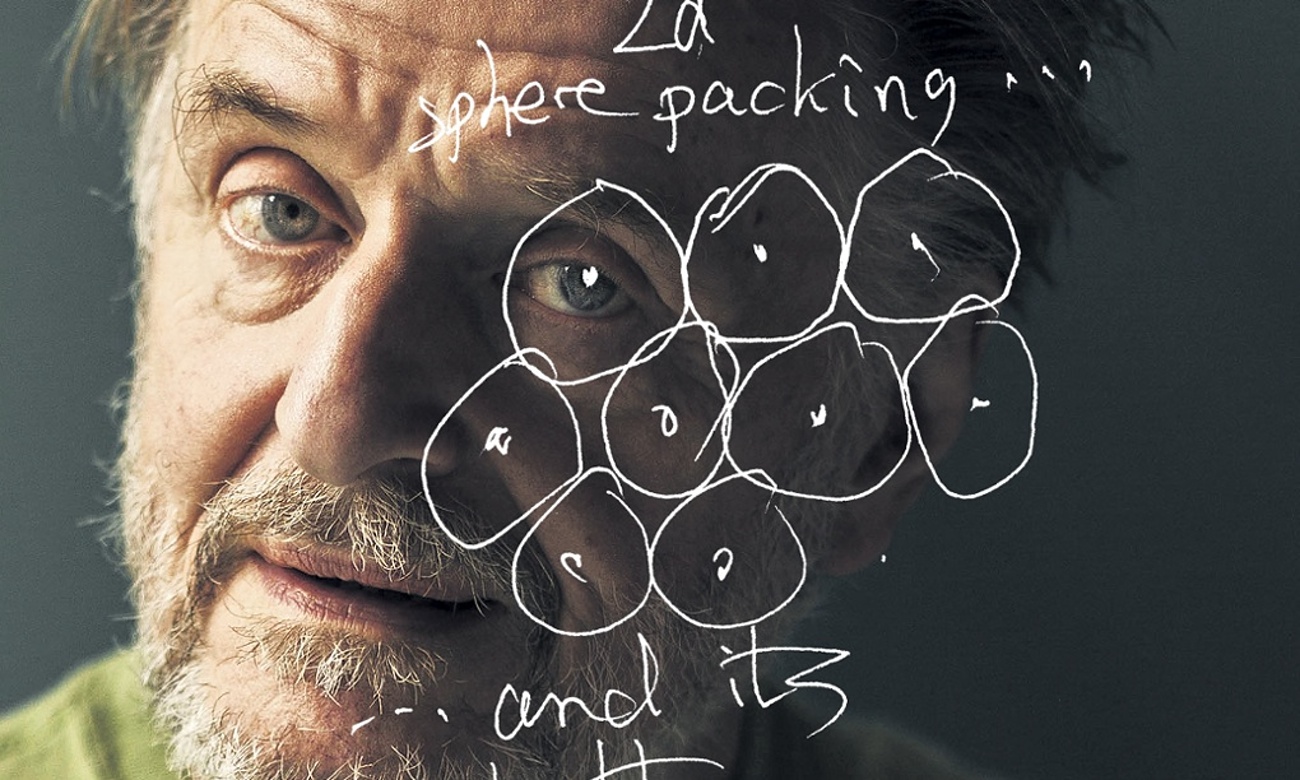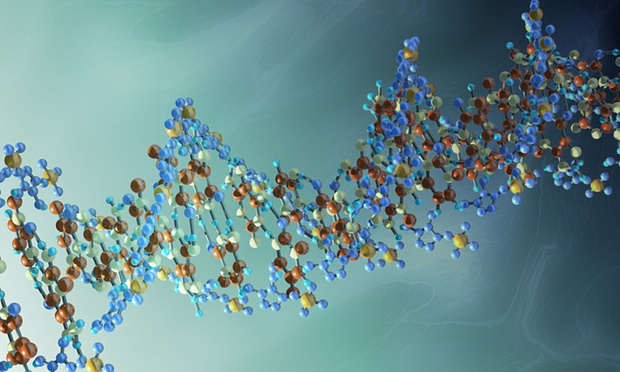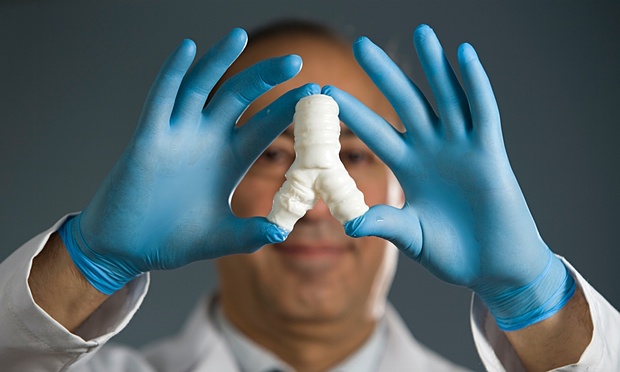The Guardian
-

Nobel Prizes in science: strictly a man’s game?
A new play examines why less than 3% of Nobel laureates in science are women –and highlights the stories of a few of those who have succeeded
-

Can we reverse the ageing process by putting young blood into older people?
A series of experiments has produced incredible results by giving young blood to old mice. Now the findings are being tested on humans. Ian Sample meets the scientists whose research […]
-

Subliminal learning and conscious thought can reduce and enhance pain
New research shows that conscious and non-conscious thought processes can both alleviate and enhance the experience of pain
-

Astronomers find aurora a million times brighter than the northern lights
The most powerful aurora ever recorded has been spotted above a failed star 18 light years away, solving a longstanding astronomical mystery
-

The world’s most charismatic mathematician
John Horton Conway is a cross between Archimedes, Mick Jagger and Salvador Dalí. For many years, he worried that his obsession with playing silly games was ruining his career – […]
-

At the limit of Moore’s law: scientists develop molecule-sized transistors
Researchers find transistors can be produced consisting of atoms 600,000 times thinner than a human hair – paving way for atom-scale chips
-

Science, values and the limits of measurement
Metrics play a growing role in managing research. But to understand their limitations, we need to draw on the humanities.
-

Born this way? Society, sexuality and the search for the ‘gay gene’
Are our sexual desires derived from our genes? Or can we make active choices about who we are sexually attracted to?
-

How laboratory-grown organs will transform our lives
With people living longer than ever, being able to replace bits of the human body as they wear out has become a new frontier in medicine
